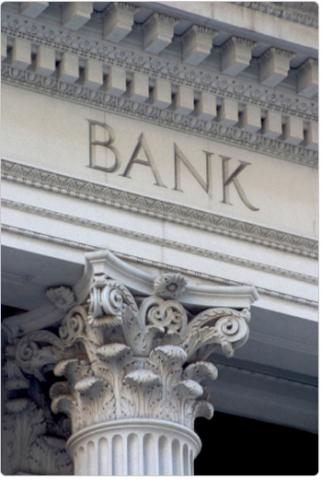 In these times of crisis when credit is scarce, the Minister for the Middle Classes, Sabine Laruelle, and Koen Geens, the Minister of Finance, are pleading in favor of SMEs. They have set the bar very high with a new bill which forces banks to make a real effort to facilitate access to credit for SMEs.
In these times of crisis when credit is scarce, the Minister for the Middle Classes, Sabine Laruelle, and Koen Geens, the Minister of Finance, are pleading in favor of SMEs. They have set the bar very high with a new bill which forces banks to make a real effort to facilitate access to credit for SMEs.
Already approved by the government, this batch of proposals must be effective from next fall without retroactive effect on credit contracts already in progress.
What are the new measures?
In a context where more than half of SMEs have already given up in the face of banks’ reluctance to be more lenient in granting financing, the situation seems to be changing.
Banks will, in fact, soon be obliged to better explain the reasons for refusals. They will also have to deploy all possible means to find a solution to each credit request before closing their doors.
According to the head of government, these measures make perfect sense since SMEs constitute a real economic hub and a promising sector in terms of employment. More than real constraints, these measures aim to invite banks to make the information provided to their customers more transparent and to be more attentive to each request submitted to them before deciding. If the granting of credit is refused, the financial institution will need to justify its reasons through a clear and understandable statement.
Thanks to a more in-depth study of risk analysis, SMEs and self-employed people will be able to better prepare their file before processing a credit application. In the event of failure, they will have the opportunity to better understand the origin of the problem and try to improve their profile before resubmitting a credit application.
The UMC’s opinion
The Union of Middle Classes (UMC) does not hide its enthusiasm at this development of this situation which will undoubtedly gradually clear up the latent economic gloom which has already set in in the SME credit sector. The UMC also specifies that the claims of companies and self-employed people are not exaggerated since the amount borrowed is generally below 100,000 euros for self-employed people and around 200,000 euros for SMEs.
Another important point
Re-employment compensation will have to be estimated in such a way as to erase any gray area. Re-employment compensation will have to be estimated in such a way as to erase any gray area. Beyond this amount, banks and SMEs will need to work together to propose a rational calculation method within three months, otherwise the government will take its responsibilities.
This bill promises to breathe new life into the granting of credit for SMEs but we must not lose sight of the fact that banks will not fundamentally change their prudential policy and that a well-constructed file will always be the best guarantee of acceptance



